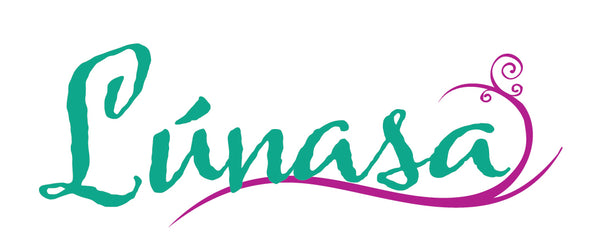So the world is starting to reopen again and we are able to go back to all the shops and places we were used to going before.
These shops operating out of a warehouse in a country 5,000km away might be able to sell you stuff cheap but at what cost ultimately? A topic very much on the lips of the people here in Belmullet as we await the opening of the first non-locally owned chain store in the town.
Let me start by saying I have nothing against Aldi. I shop in it myself and with a family of 5 it makes perfect economic sense to. The cost savings on some basic things like nappies covers the cost of the fuel to go to Castlebar and back. I have often felt a little ripped off in Belmullet paying over the odds for things that I needed. Now I'm a shop owner in the town and having worked for Boots for over a decade I am wondering just how much of an impact it will have her.
It's been a really tough year already and the opening of Aldi in town will affect every shop in town. Anyone that doesn't think so is being naive. I've seen towns much, much bigger than Belmullet decimated by the opening of a supermarket. In one seaside town on the East coast the only two shops that survived were Boots and the Supermarket. All the other premises were vacant or occupied with Charity shops. And I was there because the Boots was struggling. The toiletries and baby products picked up in the weekly shop had hit the business hard.
So what happens? When you shop in the chain stores you loose the local multiplier effect which means that every €100 spent in the local economy is actually worth €500 because the money circulates in the local economy. It is spent on locally-sourced goods and services and wages, which are also spent locally.
The lockdown certainly renewed peoples awareness of local businesses and in towns like Belmullet we relied on the local supermarket, the local pharmacy and the local butcher. If you needed something for a funeral or some baby milk it wasn't Penny's and Aldi that people were calling, it was their local shop keeper. We were very fortunate in Belmullet. What was often remarked on in Lúnasa by other Mayo visitors pre lockdown is how vibrant Belmullet was compared to their local town. I wonder how these people faired.
It's easy for consumer to say look at all the money going into the tills and it's very easy to pretend it's all going to the owner. But what about the light, rent, heat, wages, PRSI, rates (don't get me started), insurance, oh my God the insurance, the water bills, the refuge collection, the licences the list goes on and on. It always makes me smile when people talk about the local shop owners like they have loads of money. A perception very far from reality. You show me a wealthy local shop owner and I'd be wondering where their money is actually coming from.
Jean McCabe acting head of umbrella group Retail Excellence Ireland who owns her own boutiques describes local retailing as the biggest hobby in the world. So many retail start ups fail in the first few years for a reason, it's bloody hard work for a small return.
And yet regardless of the how business was going, when the local community came to us all for support we are always willing to give it.
Yes Aldi support Irish producers and Irish charities. The sinic in me knows it done because it's good marketing and it gives you tax breaks. And in my experience the value of how much they support the local community is very much down to the local team. A raffle prize for the local school and a taking an Advert in the TY musical brochure aren't on their radar. It's the small local causes that will loose out if businesses close.
It's not only the impact on our community but also the environment. Local shopping has helped to reduce the waste, as it is easier to buy only what you need when you are not bombarded with special offers on stock you don’t want and don’t need at every turn in the supermarket. And we've all done it. The affectionately named Isle of S***e has seen us part with much more money than we care to admit. And where is all that stuff now?
I think people like to see the connection between the producer and the product and to understand all the hard work that goes into making something. Nowhere more so than in Lúnasa. I also recognise that value is often more important than price.
I hope that local businesses will up their game. I want to give them my business but with Aldi now on our doorstep I'm not willing to pay €12.95 for something they charge €3.99 for (an actual example) but a euro or two in the difference means you will still get my business.
Saving on the travel time means you can take more time to browse and see what Belmullet shops have to offer. Try and resist the urge to throw everything into the one basket and spread the business around town. Many prices are comparable and spending the money on milk in one of our local shops where the owners depend on business as their livelihood will make more of an impact than throwing it into your shopping trolly at Aldi.
It's going to take a lot of pulling together for the town to survive this. Let's hope we end 2020 stronger as a town then we started.

